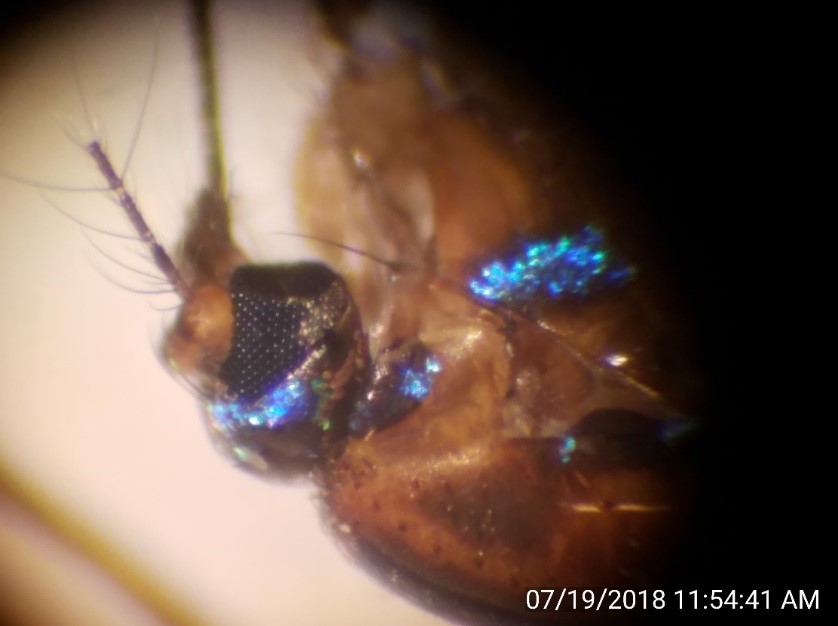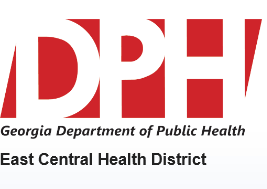INTEGRATED MOSQUITO MANAGEMENT
Integrated mosquito management is the use of multiple tactics including education, surveillance, biological control, and chemical control to reduce the number of vectoring mosquitoes in the community we serve as economically and environmentally responsibly as possible. We work hard to ensure that we are making the safest, most impactful, and informed decisions possible about how to best protect the public from mosquitoes and the diseases they carry.
Why is mosquito management necessary?
• Mosquitoes carry multiple diseases, many of which can ONLY be transmitted by mosquitoes. West Nile, Chikungunya, Dengue, Malaria, Yellow Fever, and more can be spread through the bite of a mosquito. No mosquitoes = no disease.
• While it is extremely difficult to wipe out mosquitoes completely due to their very hardy eggs and short life cycles, we CAN greatly reduce their numbers to protect us using management tactics that impact every life stage of the mosquito after they hatch.
• Thanks to modern research, there are many environmentally responsible and preventative ways to reduce mosquito populations. Our department works hard to ensure that the following integrated mosquito management tactics are followed and that the safest and most impactful management tactics are relied upon most heavily.
Integrated Mosquito Management Tactics:
1. Education
2. Surveillance
3. Source Reduction
4. Biological Control
5. Juvenille Mosquito Management
6. Adult Mosquito Management

Fig. 1: Augusta Chronicle photo of Supervisor Fred Koehle inspecting a ditch for mosquito larvae, a key step in an integrated mosquito management program.

Fig. 2: The head and thorax of a fairy mosquito.
They can be easily identified due to their colorful scales.






